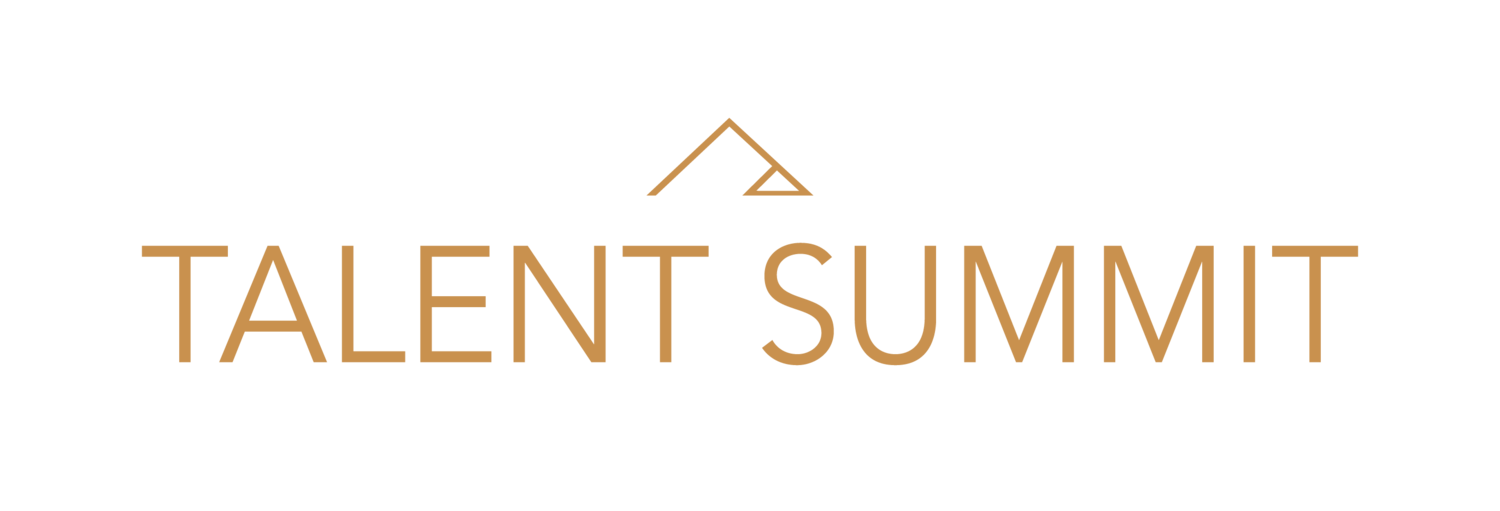Building Workforce Resilience in Volatile Times
By Rachael Ingle, CEO of Aon Ireland
Organisations are only as strong as their workforces. As businesses navigate today’s volatile and uncertain environment, their success will depend on the strength and agility of their people to manage through and rebound from today’s setbacks, while also preparing for tomorrow.
Whether it’s the rise of remote working, increasing salary demands, continued high levels of inflation, or skills shortages, employers across Ireland are facing mounting pressures from all sides.
Many businesses are looking to mitigate these risks and enhance the agility and resilience of their current workforce while also trying to attract the very best talent into their organisation.
Building resilience
Despite a growing recognition among senior leaders of the importance of workforce resilience to navigating emerging risks and harnessing new growth opportunities, many employees have yet to see this change in the workplace.
According to Aon’s Rising Resilient Report, only 30% of employees identify as being resilient. Meanwhile, 42% do not feel secure at work and 55% do not feel able to reach their potential.
A less resilient workforce poses significant risks for both HR and business leaders. 93% of resilient employees say they want to remain with their current employer for the foreseeable future, compared to about half of employees who are not.
It’s now clear that taking the time to nurture resilience is something that will not just benefit employees but will also help to mitigate the associated risks for the employer.
Data-driven approach
While many businesses tend to look at pay as the main way of addressing workforce challenges and building resilience, the message we’re getting from speaking to our clients is that employers need to look at the bigger picture.
With shifting workforce priorities and a constantly evolving workplace, employees are increasingly seeking recognition for their work, as well as opportunities to make a meaningful impact on society. With wellbeing also of increasing importance, the majority of employers are offering programmes and amenities to support physical health and wellness.
However, when it comes to implementing the policies needed to support resilience in the workplace, a lot of employers can find themselves overwhelmed.
Today, employees expect more than just tokenistic perks – they need to feel enriched on a personal and professional level and supported to lead a better life on their terms.
To build a strategy designed around the unique needs of each workforce, leaders must first assess whether they are putting in place the right policies, attitudes and actions to support their people’s wellbeing and to foster their resilience.
Employee health data can not only help leaders to measure the effectiveness of an approach but provides valuable insights into where to focus energy.
Human Sustainability Index
At Aon, our team of experts are supporting firms to navigate the challenge of building workforce resilience with the help of data.
With the ability to measure wellbeing, resilience and sustainability at the individual, team and organisational level, Aon’s Human Sustainability Index provides leadership teams with data-rich insights so they can make meaningful workforce decisions with confidence and clarity. Crucially, the Index also addresses a key issue we often see come up in our discussions with clients.
While a company will often possess data relevant to a smaller cohort of the employee population that regularly struggles with their health or wellbeing - what Aon’s Chief Wellbeing Officer Rachel Fellowes calls “illbeing data” - the Index allows employers to keep track of their organisation’s performance and wellbeing on a continuous basis. That enables HR leaders to identify any issues before they arise.
By taking this approach, businesses can keep track of the changing needs of their people and design better ways for workforces to bounce back from periods of stress or volatility, thereby creating a continuous cycle of wellbeing improvement.
Making better decisions
As HR and business leaders gather for today’s Talent Summit, there’s no doubt that the question of how to enhance workforce resilience in uncertain times will be top of mind.
While the topic can often appear to be complex and overwhelming, we believe that organisations can navigate these challenges by making better business decisions.
By harnessing the power of data to measure and grow the resilience of their workforce, business will be better equipped to make informed decisions that enhance the wellbeing of their people and unlock their full potential.
To learn more about Aon’s Human Sustainability Index, visit: https://www.aon.com/solutions/health/wellbeing/human-sustainability-index

